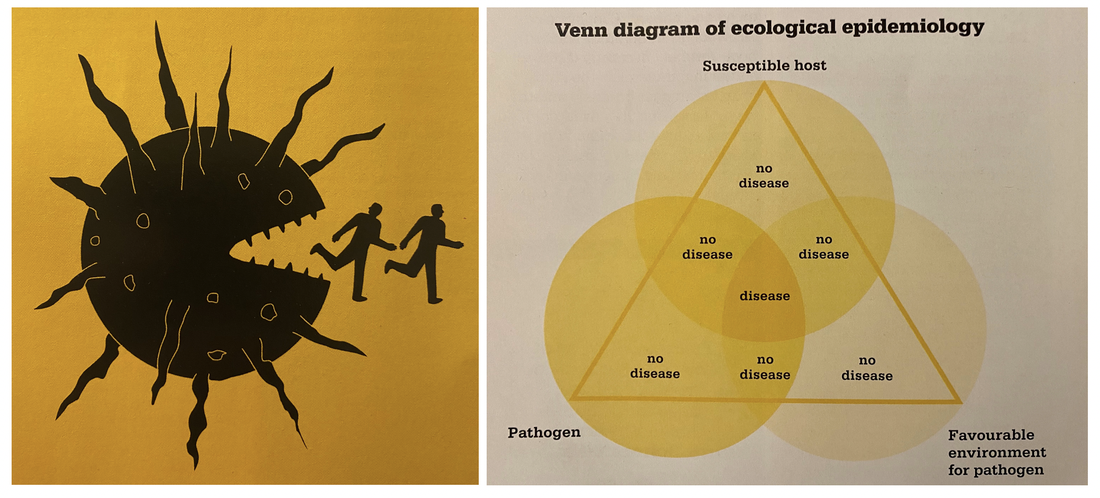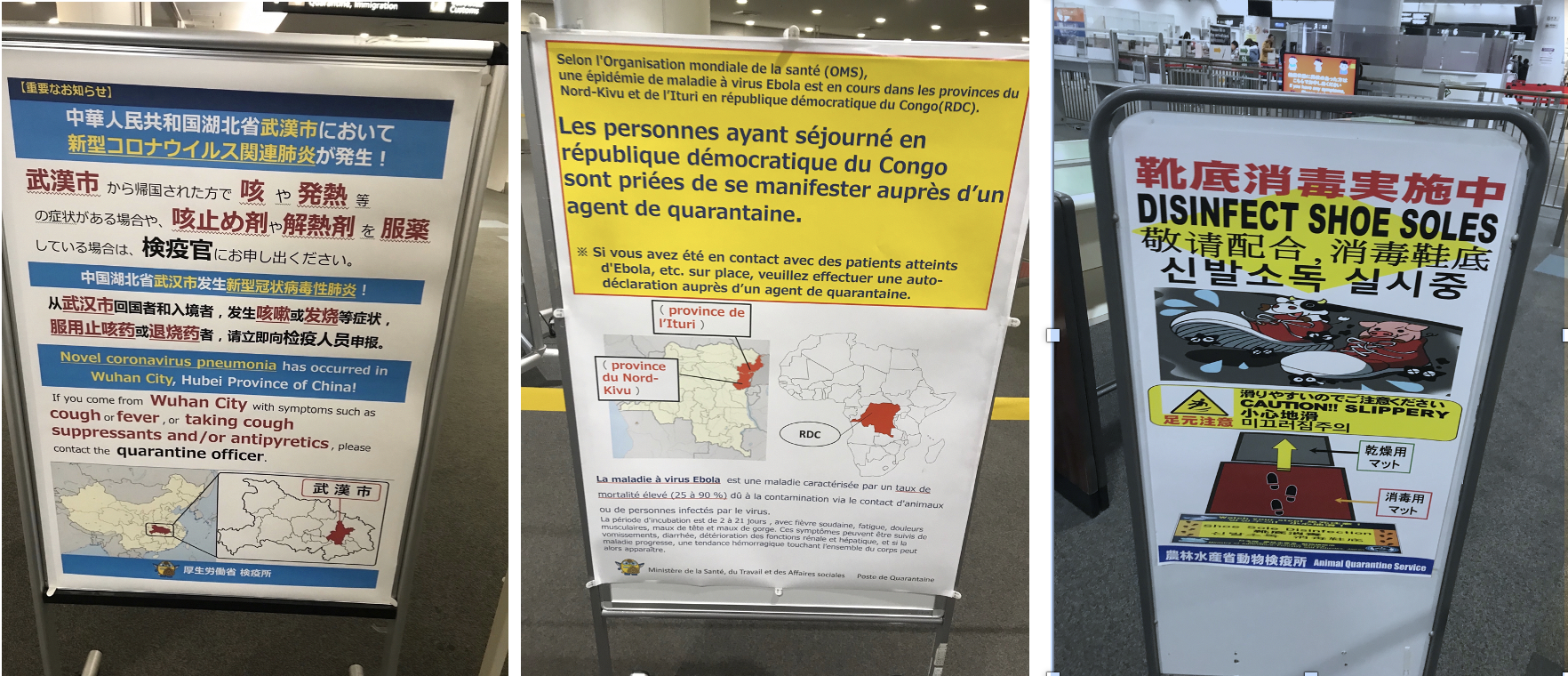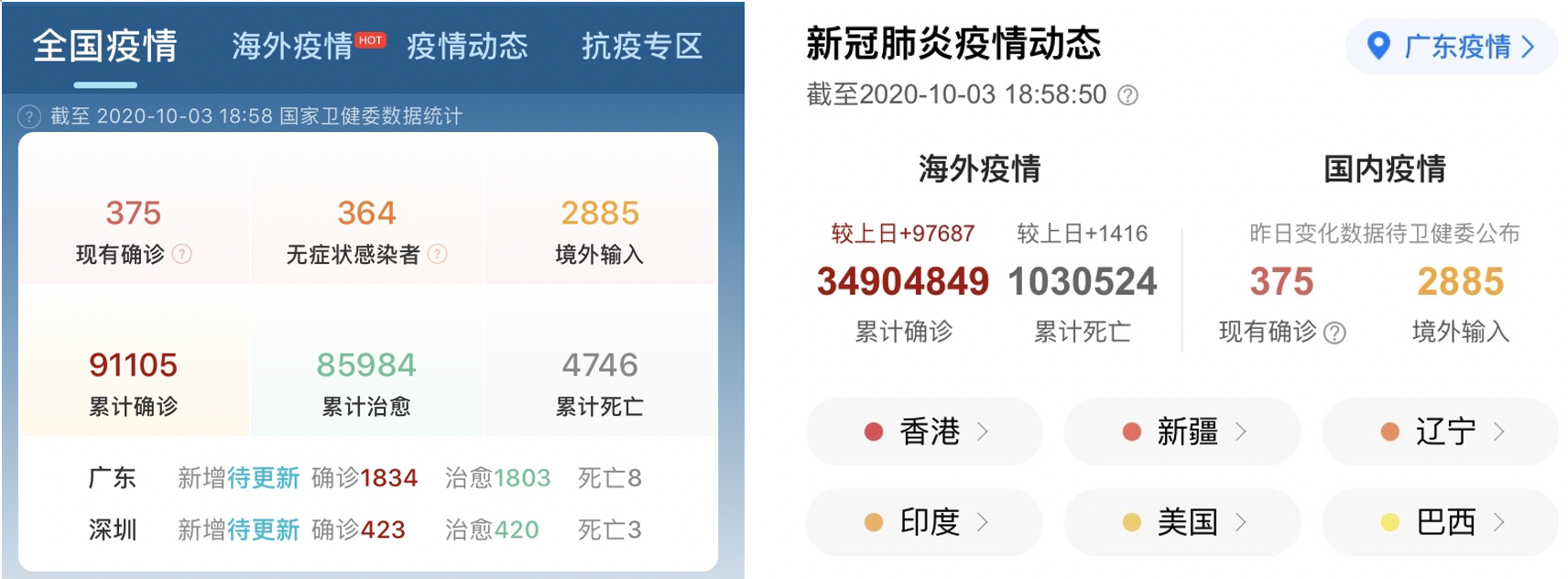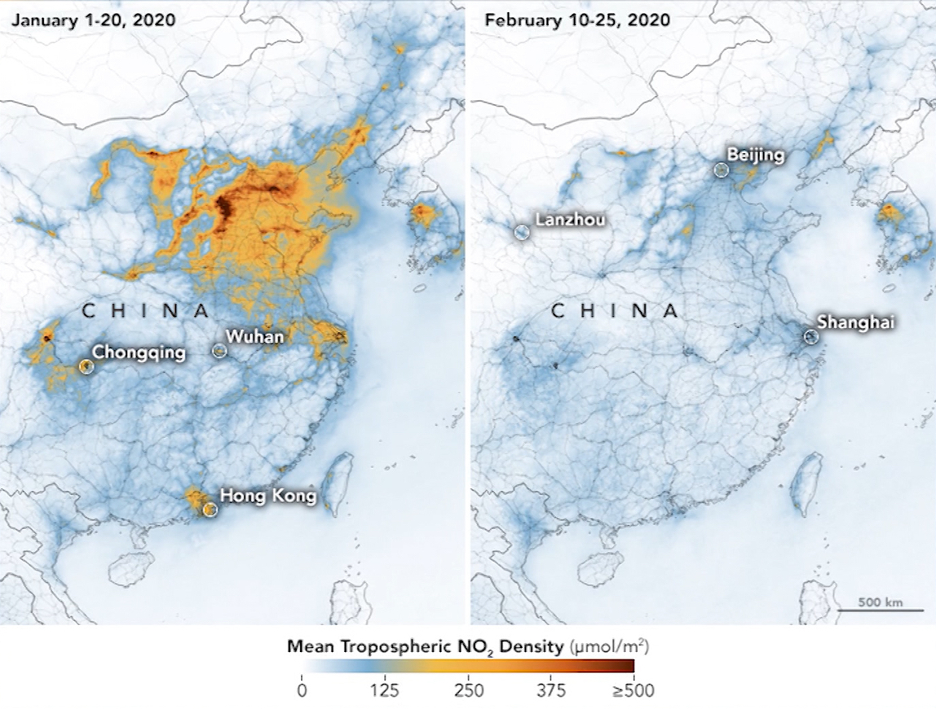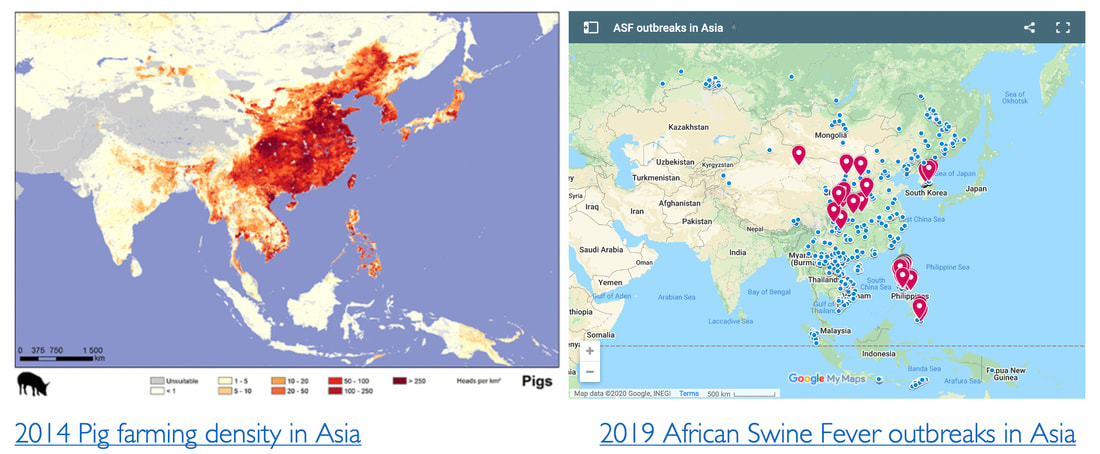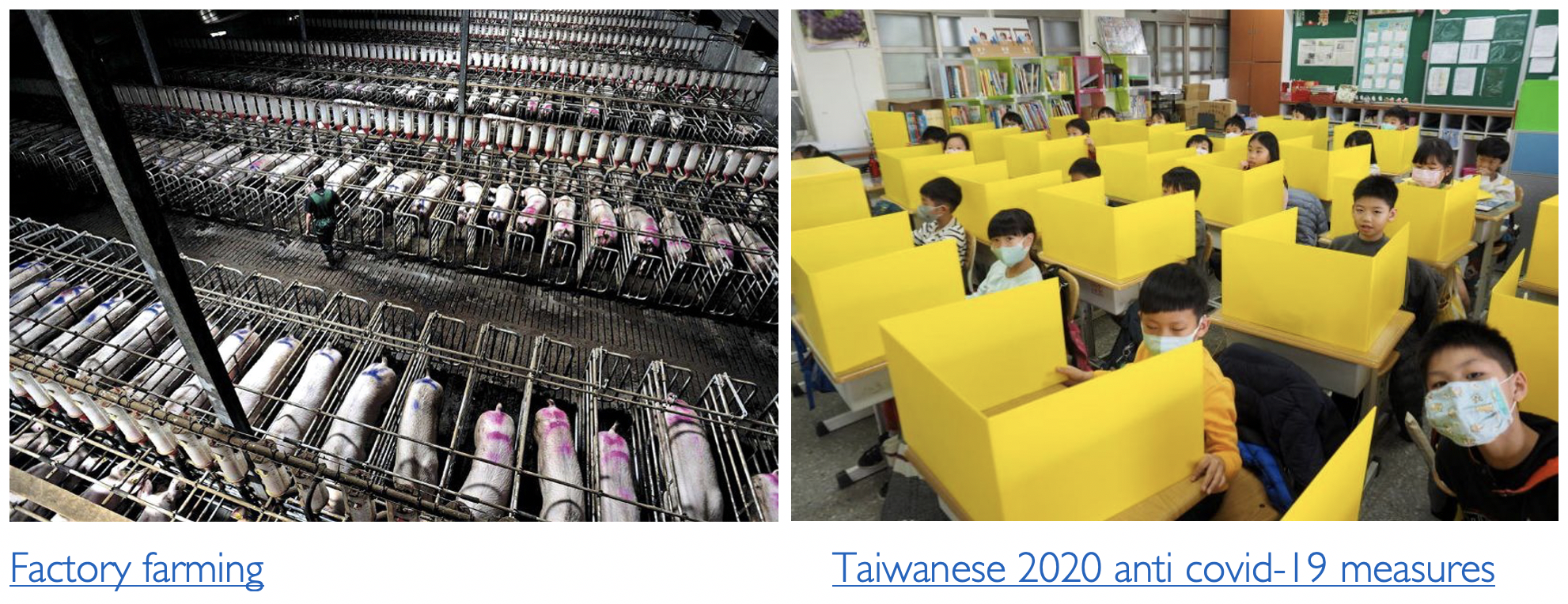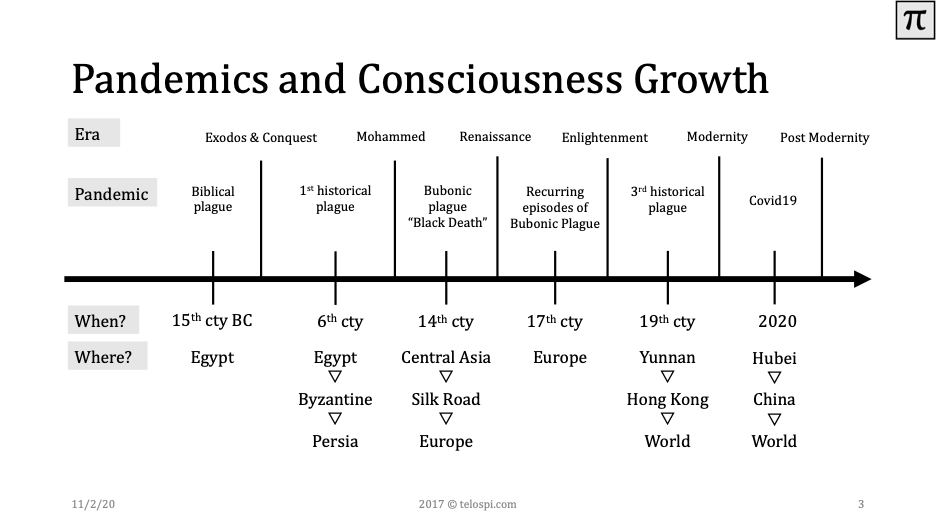Culture critic Neil Postman gave on October 11, 1990 a well-known speech at the meeting of the Gesellschaft für Informatik (German Society for Computer Science) in Stuttgart. He argued that our society relies too heavily on information to fix our problems, especially the fundamental problems of human philosophy and survival, that information, ever since the printing press, has become a burden and garbage instead of a rare blessing.
He also compared contemporary society to the Middle Ages, where instead of individuals believing everything told to them by religious leaders, now individuals believe everything told to them by science, making people naiver than in Middle Ages. Individuals in a contemporary society, one that is mediated by technology, could possibly believe in anything and everything, whereas in the Middle Ages the populace believed in the benevolent design they were all part of and there was order to their beliefs.
What Neil Postman discussed in the 1990s has in my opinion ever since aggravated: we live in a phase of darkest Middle Ages. The scary part about this: only few people realize it, because we are distracted by all the modern technology which surrounds us from the hour, we fall asleep to the moment, we wake up. How is it possible that we experience Middle Ages with all these modern gadgets, computers, software, robots and algorithms?
Middle Ages were not defined by horse carriages and poor sanitation. Middle Ages were defined by a dominant power structure which did not allow for much or any individual and collective growth. It was a period in human history when a few lived well at the expense of many. Today many more live well than in 10th century Europe, but we do it at the expense of our planet; and an increasing number of fellow human beings as growing social inequality confirms.
When we reach Nagano prefecture two days later the epidemic is in full throttle back home. Our Danish skiing instructor suffers from paralyzing anxiety after she hears that we hail from China. Without differentiating between Wuhan and Shanghai, she puts on a facial mask the next morning and spreads her anxiety to most hotel guests including the owner who forces me to take our coldish daughter to the local hospital for checkup. After I tell him that it is almost impossible that anyone of our party has contracted the now called Corona virus, because we left Shanghai before the start of Chinese New Year and have not been in touch with anybody from the viral epicenter, he relents.
Both, the Danish skiing instructor and our landlord reveal what Neil Postman wrote about modern Dark Ages. We consume information without knowing what to do with it and believe in whatever media tells us. Our minds start to ruminate and without critical thinking we drive ourselves into places of fear, worry and hate. I admit that the first few days after people started to talk about the virus, I was myself worried about its nature and effect and felt relieved after I saw a single post about the deadliness of seasonal influenza. It takes some time to sort information available and make up one’s own mind. In particular for people like me who have stopped to consume news and try to stay away from social media. Critical thinking and a spiritual anchor. Nothing is more important in times like these.
The 2020 Plague
Seasonal influenza causes according to WHO three to five million severe annual cases and ends for 290k to 650k people globally with death. In industrialized countries most deaths associated with influenza occur among people age 65 or older. Epidemics can result in high levels of worker/school absenteeism and productivity losses. Clinics and hospitals can be overwhelmed during peak illness periods. I caught my first influenza last fall and was literally down for three days. This has never happened to me before, but I understand now that such a virus can kill an older human organism which is already affected by poor health or a chronic disease.
- Covid-19 is not an isolated pandemic, but one connected to the climate crisis. It is part of the 6th mass extinction which has started to affect our own species.
- As psychologist Daniel Goleman wrote: In a system there are no side effects – just effects, anticipated or not. What we see as “side effects” simply reflects our flawed understanding of the system. In a complex system cause and effect may be more distant in time and space than we realize.
- A 2017 study confirmed that Germany has lost ¾ of its aerial insects since 1989. The ecological havoc industrial agriculture has wrecked on insects now turns into a boomerang.
- If a vaccination against covid-19 is found, it will not solve the climate crisis and as such stop this ongoing, man-made mass extinction.
- What we need is a system transformation. The pandemic is pushing us into this transformation.
- The forced isolation and shutdown of the production system during the first European lock down has resulted in a 5% reduction in annual CO2 emissions. Ecologist Jean-Marc Jancovici estimated on May 17, 2020 that it would take a similar drop each year for thirty years to comply with the Paris climate agreement.
- Yet, even the UN preaches economic growth in its SDG #8. Given the existing ratio between GDP growth and the income growth of the poorest, it will take 207 years to eliminate poverty with this strategy, and to get there, we will have to grow the global economy by 175 times its present size.
- There is no planet B; and we need to give up the idea that we can rebuild the economy to what it was before covid-19.
- How could a different economy look like? Circular instead of linear? Do we need to transcend the materialistic perspective of economics? Or has the time come that the rich – individuals, organizations and nations - simply must share?
- Thomas Piketty’s research shows that modern inequality is reaching again pre-WWI levels. Capital’s natural accumulation with the elites, which follows the simple formular (r)evenue on capital > economic (g)rowth, was only diverted by the two world wars, the great depression and the post WWII socialist redistribution from 1930 to 1975. Piketty predicted in 2013 a world of low economic growth and extreme inequality for the years to come.
- A basic universal income is inevitable. One which allows us to rest during cold winter periods. One which trusts in the human potential. One which gives human resources and natural resources an annual period to rest and recover.
- NASA photographs taken during the first lockdown in China at the beginning of this year confirm that reduced mobility, local subsistence farming and remote work are a viable solution to the climate crisis.
- Many look nowadays on China, some lunatics even praise its government’s success in keeping the virus at bay and kickstarting the economy after the spring lock down.
- Xi Jinping however has forecasted that the country’s CO2 emission peak will only be reached 2030. Such a political statement ignores the ecological reality.
- And, yes, I almost forgot: covid-19 erupted in China. Why?
- China consumes more than a quarter of the world’s meat and farms e.g. half of the world’s pig life stock. This extra proportionally high meat consumption contributes to one of the main drivers of climate change: Eating more meat generates more heat.
- Moreover, there are reasonable arguments that covid-19 and intense life stock farming are connected. A swine fever pandemic forced the Chinese government to cull in 2019 up to 60% of its 200 million pig life stock – which is half of the world’s. This animal genocide went largely unnoticed by the general public, because media reporting was mostly limited to the life stock industry.
How is China’s pork industry connected with covid-19?
- A pathogen strikes when it finds a suitable host in an environment that favors infection, as shown where the circles intersect in the above venn diagram. For instance, diarrheal disease spreads quickly among sick people in unsanitary conditions.
- Intense life stock farming creates despite veterinarian precautions a favorable environment for pathogens and the genetic similarity between pig and human makes it probable that a virus mutates and then spreads to a new susceptible host.
- We are facing a future when antibiotics will be ineffective. This is partly because antibiotics have been misused in factory farms to compensate for overcrowded, unhealthy conditions which has led to the emergence and spread of antibiotic resistant diseases that pass from animals to humans.
- We think of ourselves as being on top of the food chain, but parasites and pathogens control populations, including the human population, like predators.
- What Daniel Goleman wrote about system awareness is therefore also true in this regard: In a system there are no side effects – just effects, anticipated or not. What we see as “side effects” simply reflects our flawed understanding of the system. In a complex system cause and effect may be more distant in time and space than we realize.
Dozens of research teams around the globe, of course Chinese ones leading the pack, strive to find a vaccination to keep our kids in school and parents in offices. The world indeed is an animal farm like George Orwell once wrote. In a complex system cause and effect may be more distant in time and space than we realize, so Daniel Goleman writes. Our children should be close enough in time and space to realize that our societies need a structural overhaul. If free range pigs and pastured poultry are considered to be healthy sources of protein, we ought to think of children raised in forest schools and wilderness camps as healthy individuals for tomorrow’s societies.
According to historian Yuval Harari, ancient foragers suffered less from infectious diseases. Most of the infectious diseases that have plagued agricultural and industrial societies originated in domesticated animals and were transferred to humans only after the agricultural revolution. Ancient foragers, who had domesticated only dogs, were free of these scourges. Moreover, most people in agricultural and industrial societies lived in dense, unhygienic, permanent settlements – ideal hotbeds for disease. Foragers roamed the land in small bands that could not sustain epidemics. Sounds like my children will be soon foraging. How about yours?
What does the rather enlightened press write about the state of education:
- Outdoor time has always been healthy for kids, but that’s especially the case now: One study found that the odds of catching the coronavirus are nearly 20 times higher indoors than outdoors. Though it isn’t free of problems, learning outside might be the only way to provide parents with a break, kids with an adequate education, and teachers with protection from the coronavirus. [The Atlantic]
- As countries grapple with how and when to restore students to classrooms, a growing number of schools have embraced outdoor learning — especially in the highly regarded Nordic education systems, where the model had already begun to gain momentum. […] Some countries, including Germany, have a tradition of outdoor preschools and kindergartens, which have begun to catch on in the United States as well. The pandemic may drive more countries to experiment with the model for older students. [Washington Post]
- Let us not forget that the modern sciences of learning, which are ignored in the design of most educational technologies, tell us that learning is optimized when it involves sustained interpersonal relationships, emotional connection, embodiment, and dynamically interactive hands-on experiences. Based on the best of what we know about the dynamics of learning, educational technologies should be bringing people together away from screens–not isolating individuals alone in front of screens. Technologies ought to help us customize learning and provide universal access to information through useful, well organized, and curated content. They should not be the primary focus of attention or main source of interaction and instruction. [What is Emerging]
